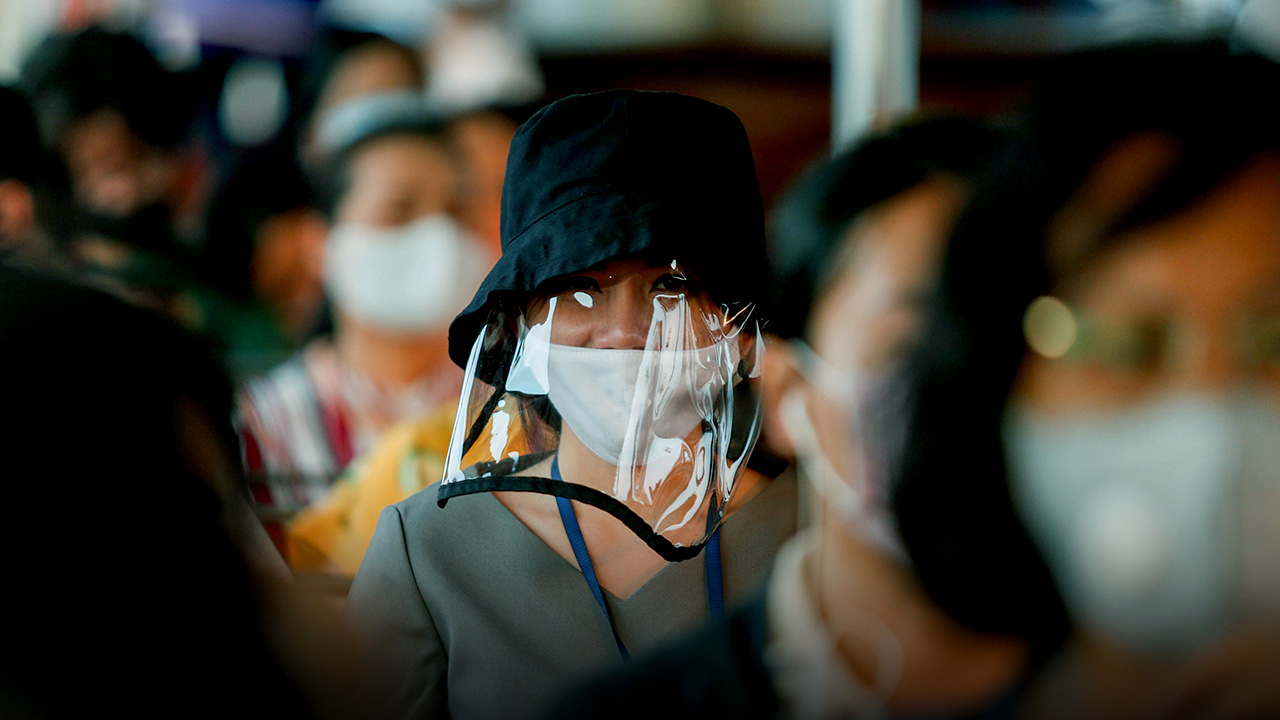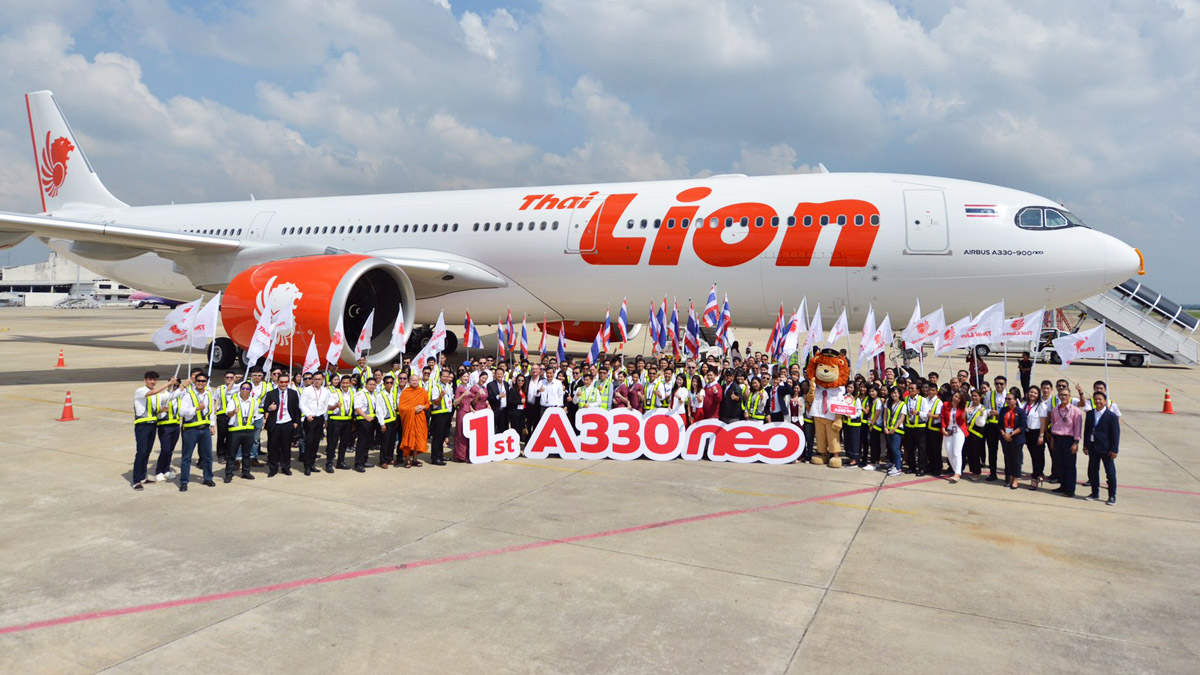泰国健康产业正改善卫生保健以保护经济基础——人类

The covid-19 pandemic has highlighted the importance of robust health systems and medical supply chains in responding to crises. At the same time, the drastic effects it is likely to have on the global economy show how investment in health care and medical technology is vital to protecting the human resources that power businesses.
由新型冠状病毒引起的流行病更加体现出危机到来时,拥有强大的健康系统和医疗物资连的重要性。同时,这场危机极有可能会对经济造成巨大影响,这时在卫生保健和医疗物资方面的投资对保护人力资源的重要性也体现出来,因为商业是由人来控制。
Among South-East Asian countries, Thailand has one of the strongest health-care systems. It deservedly has a reputation for high-quality care, with a vast array of private hospitals that offer world-class care in plush settings. More than 60 hospitals in Thailand are accredited by Joint Commission International (JCI), which certifies adherence to high international standards and promotes best practice, and there are more than 60,000 licensed doctors in the country.
许多东南亚国家都拥有很强大的卫生保健系统,而泰国就是其中之一。泰国拥有众多世界级豪华医院,应享有高质量护理的美誉。泰国有60多家医院获得了国际联合委员会(JCI),证实这些医院遵循国际标准和提供最佳治疗,有超6万名医生持有执照。
As with all aspects of the Thai economy under the government's vision of Thailand 4.0- a country driven by innovative, high-value industry- -today there is a push for the field of health and wellness to build on its natural synergy with research and technology. New treatment facilities will improve the health of locals and patients from abroad, while product-driven businesses are exporting Thai medical know-how to the world and securing local supplies of essential products.
泰国4.0是泰国政府制定的未来发展目标,泰国达到泰国4.0目标后将成为一个由创新高价值产业驱动的国家,如今泰国正基于其与研究技术的自然联结的优势上不断推动卫生健康产业的发展,这一点与泰国4.0 计划下的经济发展相契合。
Recent growth in Thailand's medical-device trade has been substantial: valued at around $3 billion in 2009, it now stands at around $5.3 billion per year, with 60.4% coming from exports. Companies involved include local subsidiaries of global leaders such as Nipro, which makes supplies including blood tubing sets, balloon catheters, needles and syringes. Foreign investment has also built strength in the production of optical lenses, with the Japanese company Hoya and French Essilor International both operating in the country.
近期泰国医疗器械成交量以惊人速度增长:2009年达到约30亿美元,之后每年固定在约53亿美元,60.4%医疗器械都用于出口。合作伙伴包括全球领先企业在泰分公司,如尼普洛(Nipro),该公司主要销售血管套气囊导管,针头和注射器等。国外投资使得泰国国学透镜生产产业越加强大,日本企业保谷(Hoya )和法国企业依视路(Essilor)在泰国都有分公司。
版权声明:本文发布于狼啸网,内容均来源于互联网,如有侵权联系删除免责申明: 本站所发布内容不代表本站立场,文章内容仅代表原文出版方立场



